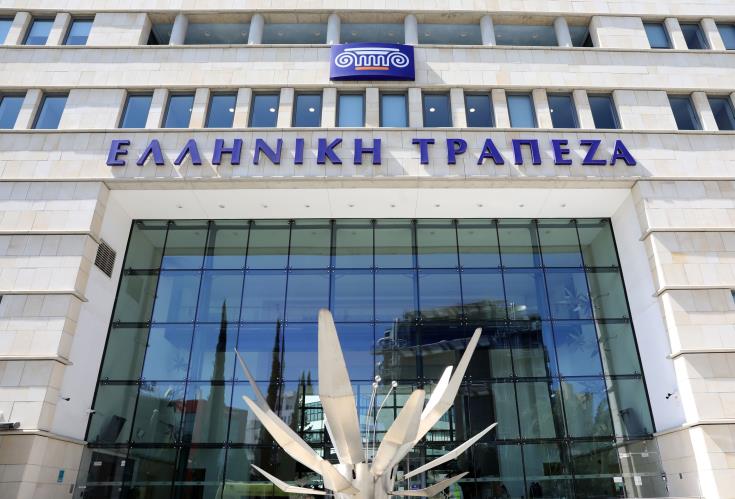Supporters of an effort to replace Nebraska’s income, property, and corporate taxes with a broader sales or consumption tax say they have cleared a key hurdle in seeking to place the issue on the fall ballot. State Sen. Steve Erdman of Bayard said Tuesday that advocates of the EPIC consumption tax have gathered signatures from 5% of registered voters in 38 of the state’s counties.
Erdman and other EPIC tax backers still need to gather a total of 123,000 signatures from registered voters by July 3, equal to 10% of registered voters. He wouldn’t say how many signatures they had already gathered.
“Every signature counts,” Erdman said. “We’ve got to figure out a way to fix this broken tax system, and I haven’t come up with another idea that makes any sense. There’s not another one that gives you the freedom of liberty.”
Erdman and Steve Jessen, president of the EPIC Option Consumption Tax initiative, said they have seen greater public interest in changing Nebraska’s tax system after the Legislature failed this session to pass major property tax relief.
Pillen, others oppose EPIC tax
Nebraska Gov. Jim Pillen has pledged to call state lawmakers back for a special session later this year to move toward his goal of substantive and structural changes that balance out what he calls the state’s over-reliance on property taxes.
Pillen set a goal of reducing the property tax burden by 40%. His plan ran into trouble with senators who could not agree on how hard the caps on local spending on local government and schools should be and how to pay for property tax offsets.
Pillen had originally proposed capping local government spending growth and earmarking up to a 2-cent increase in the state sales tax to pay for property tax relief. Lawmakers struggled to find support last session for that proposal or for a 1-cent sales tax increase.
Pillen, joined by business leaders and representatives of local governments and school boards, opposes the EPIC tax. He and others criticize the potential loss of local control that could result, the risk of harming retail sales and the uncertainty of how high the tax rate would be.
“The EPIC tax is not a workable solution,” he said Tuesday in a statement. “It is not the solution that will save our ever-escalating property tax issue. We need to commit to broadening and balancing the base across property, income and sales tax.”
Former State Sen. Brett Lindstrom, an Omaha financial adviser and spokesman for the anti-EPIC tax group No New Taxes Nebraska, said voters aren’t ready to increase sales taxes on every item. He said it would “create new taxes” on health care, dental care, prescriptions, veterinary care and legal bills.
“Voters know you can’t raise taxes to lower taxes, and they resoundingly oppose eliminating local control to give all funding power for local priorities to just a few people in Lincoln,” he said.
Supporters say drastic changes needed
Erdman argued that something has to be done. He compared Nebraska’s current tax system to communism, saying people who defend communism often argue it just hasn’t been refined enough or implemented correctly. He said wholesale changes are needed in the state’s tax system.
He said he would introduce an EPIC tax proposal during any special session the governor might call because he wants to have public discussions before people vote this fall about whether the tax should be collected and distributed.
He and others who have discussed ways the tax might be implemented have said spending needs could be met with a 7.5% consumption tax. Some of the proposal’s critics disagree and say it could require as much as three times that rate to make it workable.
Jessen said he had spoken about the proposal at more than 50 meetings across the state. Organizers said they had heard from wheat farmers, ranchers and senior citizens in lifelong homes who say they risk being forced to move because of high property taxes.
EPIC, which would also eliminate the inheritance tax, has some organizational backing from the Nebraska Republican Party. The state GOP has sent supportive tweets, and the EPIC group helped sponsor the party’s annual convention.
The Nebraska Democratic Party, in a statement from party chair Jane Kleeb, said the EPIC tax would “leave all Nebraskans paying more sales tax.” She said it is not a solution to high property taxes but a sign of continued division among Republicans.
Erdman said about 250 volunteer petition circulators had focused the past several weeks on getting signatures in counties with the lowest population. He said the group would soon be moving into more populous counties, as well.
“The EPIC option is the only solution,” Erdman said. “It’s the only one that puts the taxpayer in first place. Our current system puts the tax collector … in first place.”






